Puzzling objects spotted by NASA’s JWST telescope may be entirely new class of celestial entity
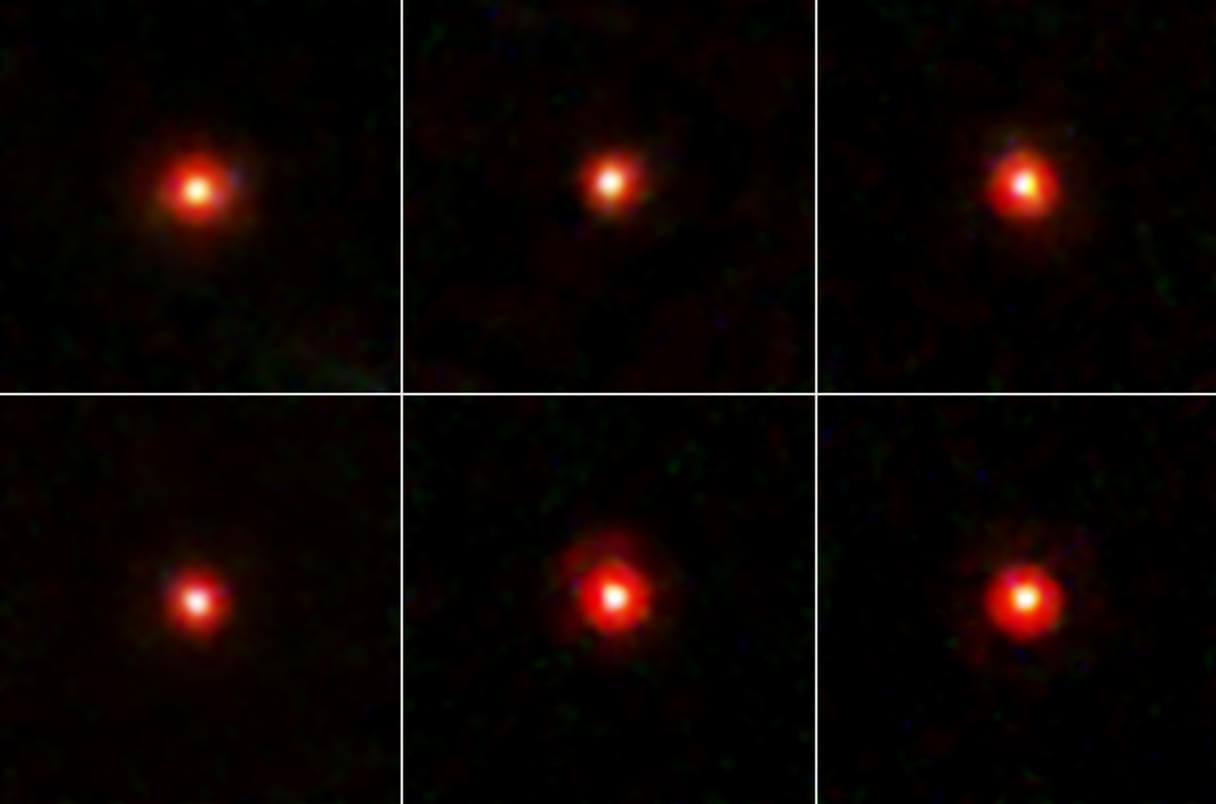

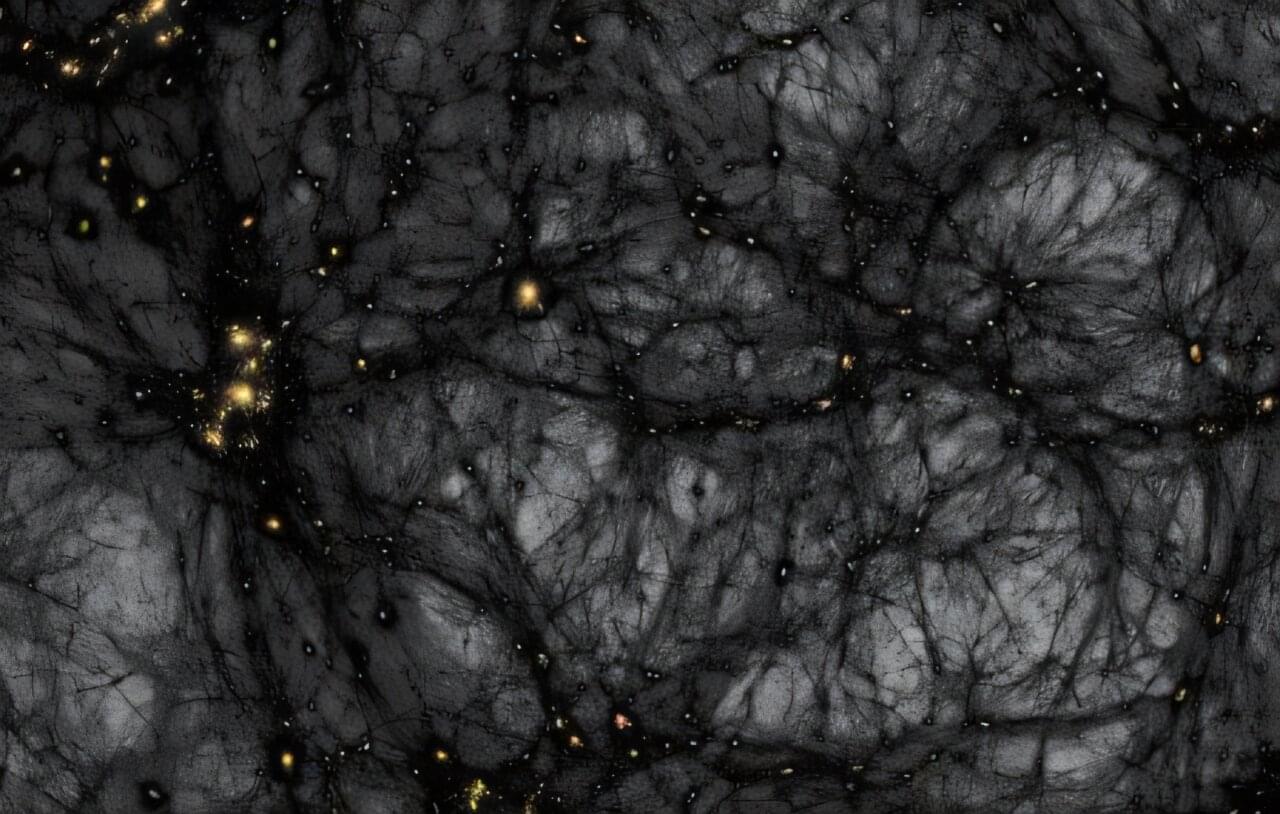
It is now understood that all known matter, i.e., studied by science and harnessed by technology, constitutes only 5% of the content of the universe. The rest is composed of two unknown components: dark matter (about 27%) and dark energy (about 68%). This calculation, confirmed decades ago, continues to surprise both lay people and scientists alike.
In the case of dark matter (DM), there is abundant evidence that it really exists, all resulting from its gravitational interaction with ordinary matter. This evidence comes from sources such as the rotation curves of stars in galaxies, discrepancies in the movement of galaxies in clusters, the formation of large-scale structures in the universe, and cosmic background radiation, which is distributed uniformly throughout space.
Despite knowing with a high degree of certainty that DM exists, we do not know what it is. Several models proposed thus far have failed.
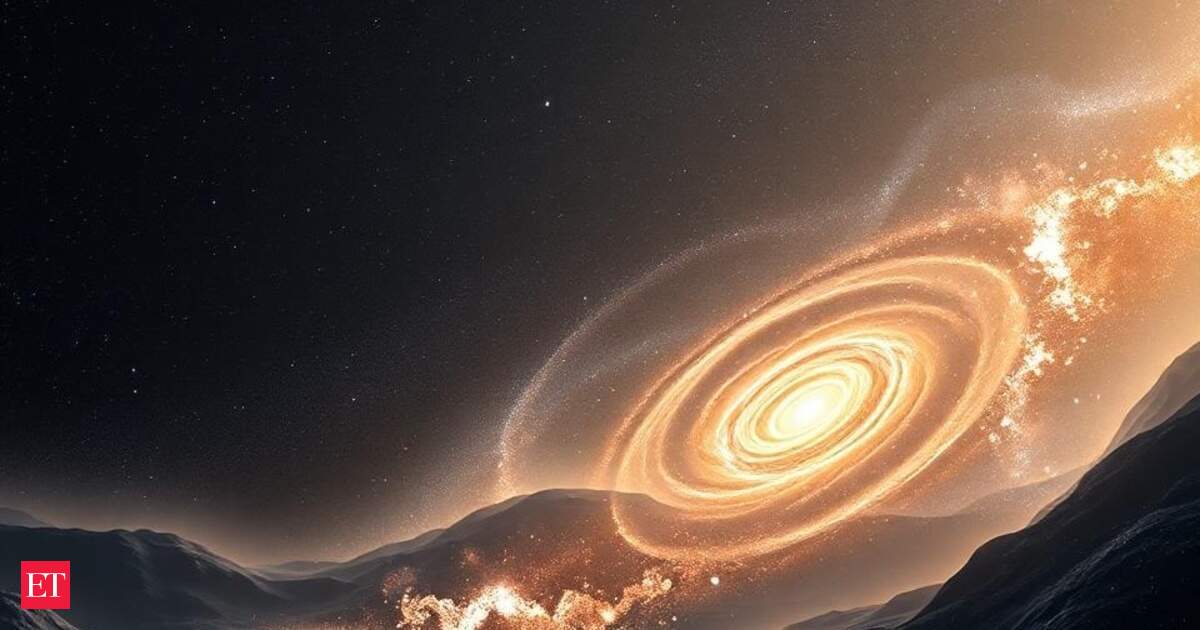
A groundbreaking study from the Universities of Barcelona and Padua challenges the inflation theory, suggesting the universe began from a stable De Sitter space, driven by gravity and quantum mechanics alone. This model explains the formation of cosmic structures through quantum fluctuations evolving into gravitational waves, offering a simpler, testable alternative to the Big Bang’s fiery start.
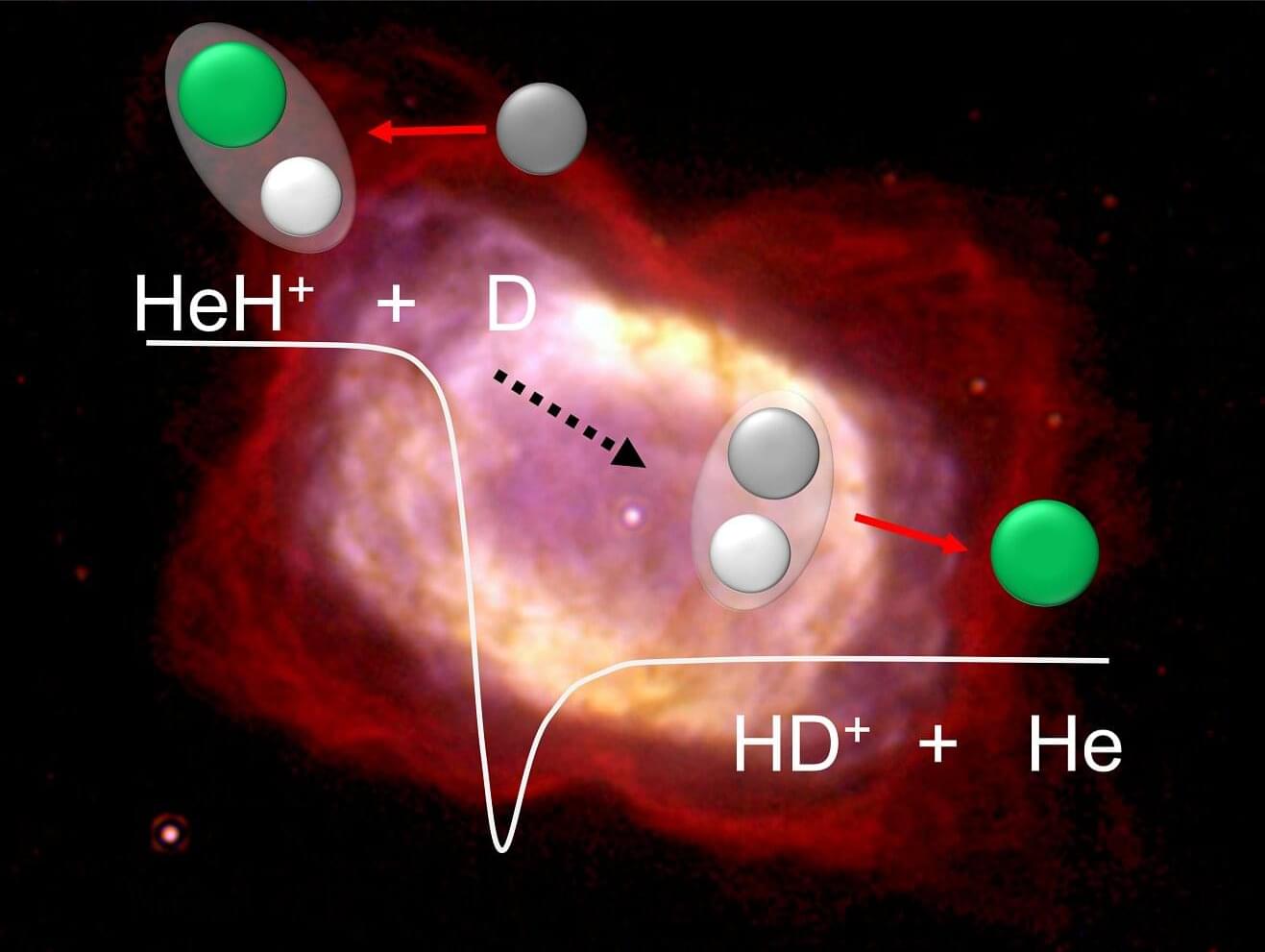
Immediately after the Big Bang, which occurred around 13.8 billion years ago, the universe was dominated by unimaginably high temperatures and densities. However, after just a few seconds, it had cooled down enough for the first elements to form, primarily hydrogen and helium. These were still completely ionized at this point, as it took almost 380,000 years for the temperature in the universe to drop enough for neutral atoms to form through recombination with free electrons. This paved the way for the first chemical reactions.
The oldest molecule in existence is the helium hydride ion (HeH⁺), formed from a neutral helium atom and an ionized hydrogen nucleus. This marks the beginning of a chain reaction that leads to the formation of molecular hydrogen (H₂), which is by far the most common molecule in the universe.
Recombination was followed by the “dark age” of cosmology: although the universe was now transparent due to the binding of free electrons, there were still no light-emitting objects, such as stars. Several hundred million years passed before the first stars formed.
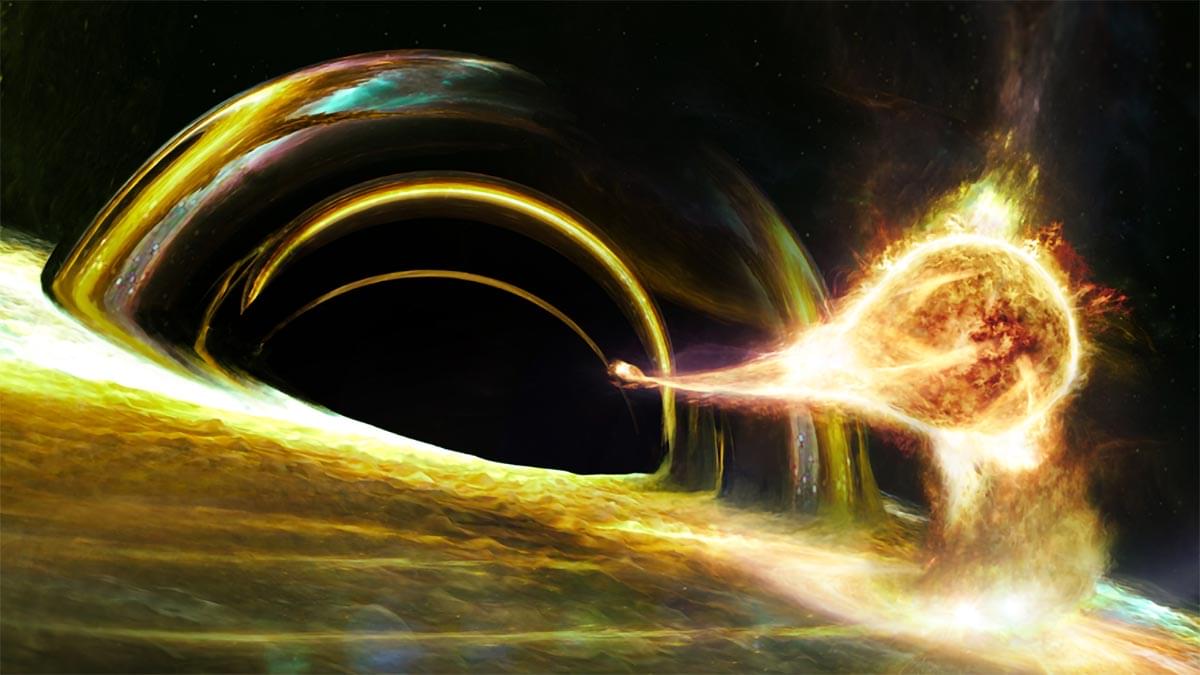
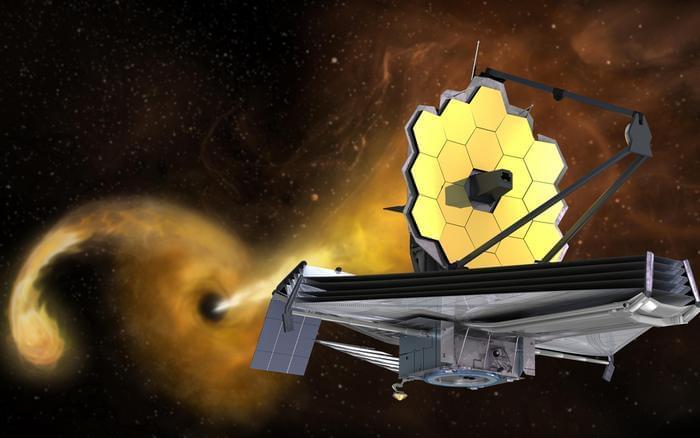
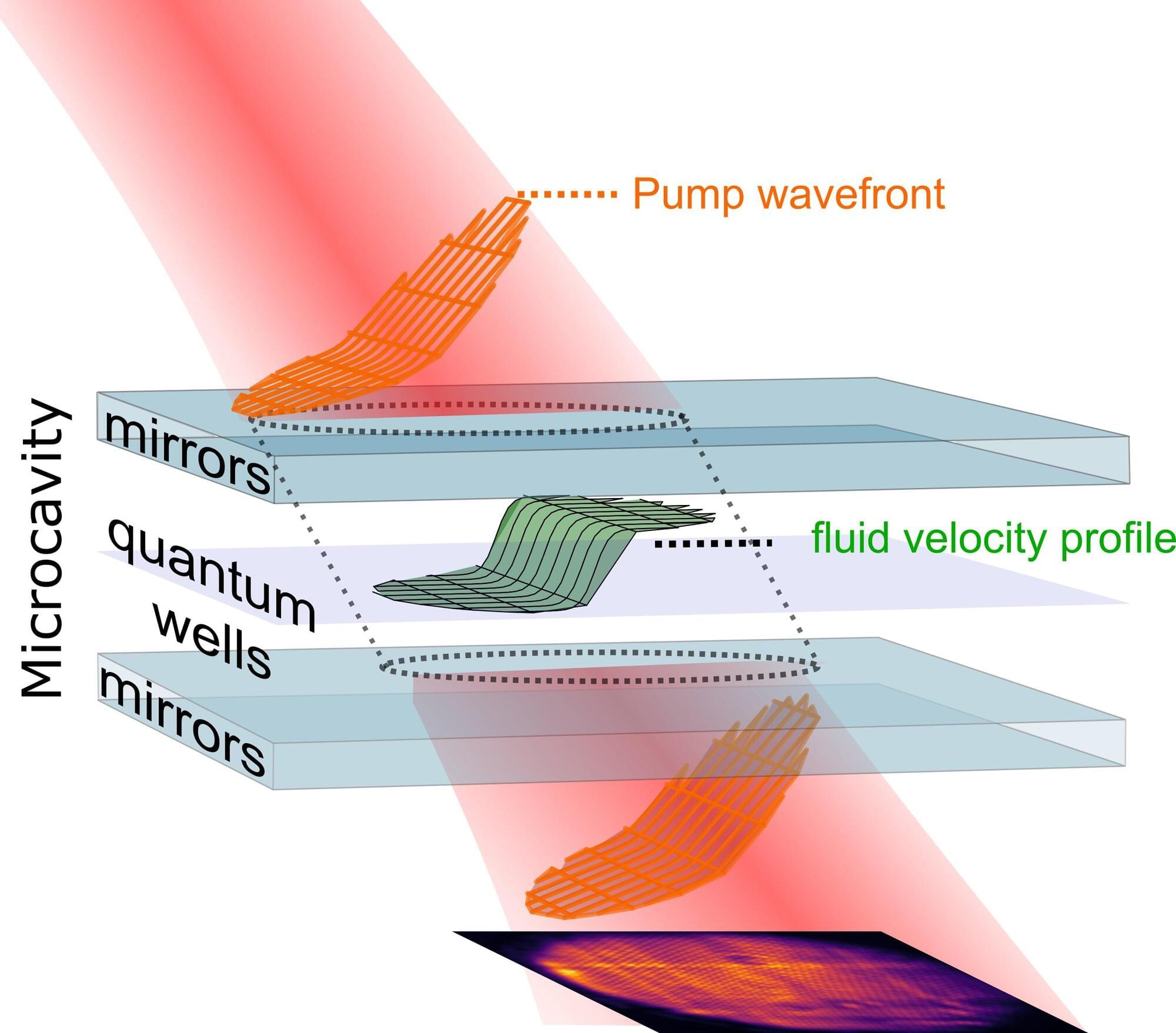
Quantum field theory (QFT) is a physics framework that describes how particles and forces behave based on principles rooted in quantum mechanics and Albert Einstein’s special relativity theory. This framework predicts the emergence of various remarkable effects in curved spacetimes, including Hawking radiation.
Hawking radiation is the thermal radiation theorized to be emitted by black holes close to the event horizon (i.e., the boundary around a black hole after which gravity becomes too strong for anything to escape). As ascertaining the existence of Hawking radiation and testing other QFT predictions in space is currently impossible, physicists have been trying to identify physical systems that could mimic aspects of curved spacetimes in experimental settings.
Researchers at Sorbonne University recently identified a new promising experimental platform for simulating QFT and testing its predictions. Their proposed QFT simulator, outlined in a paper published in Physical Review Letters, consists of a one-dimensional quantum fluid made of polaritons, quasiparticles that emerge from strong interactions between photons (i.e., light particles) and excitons (i.e., bound pairs of electrons and holes in semiconductors).
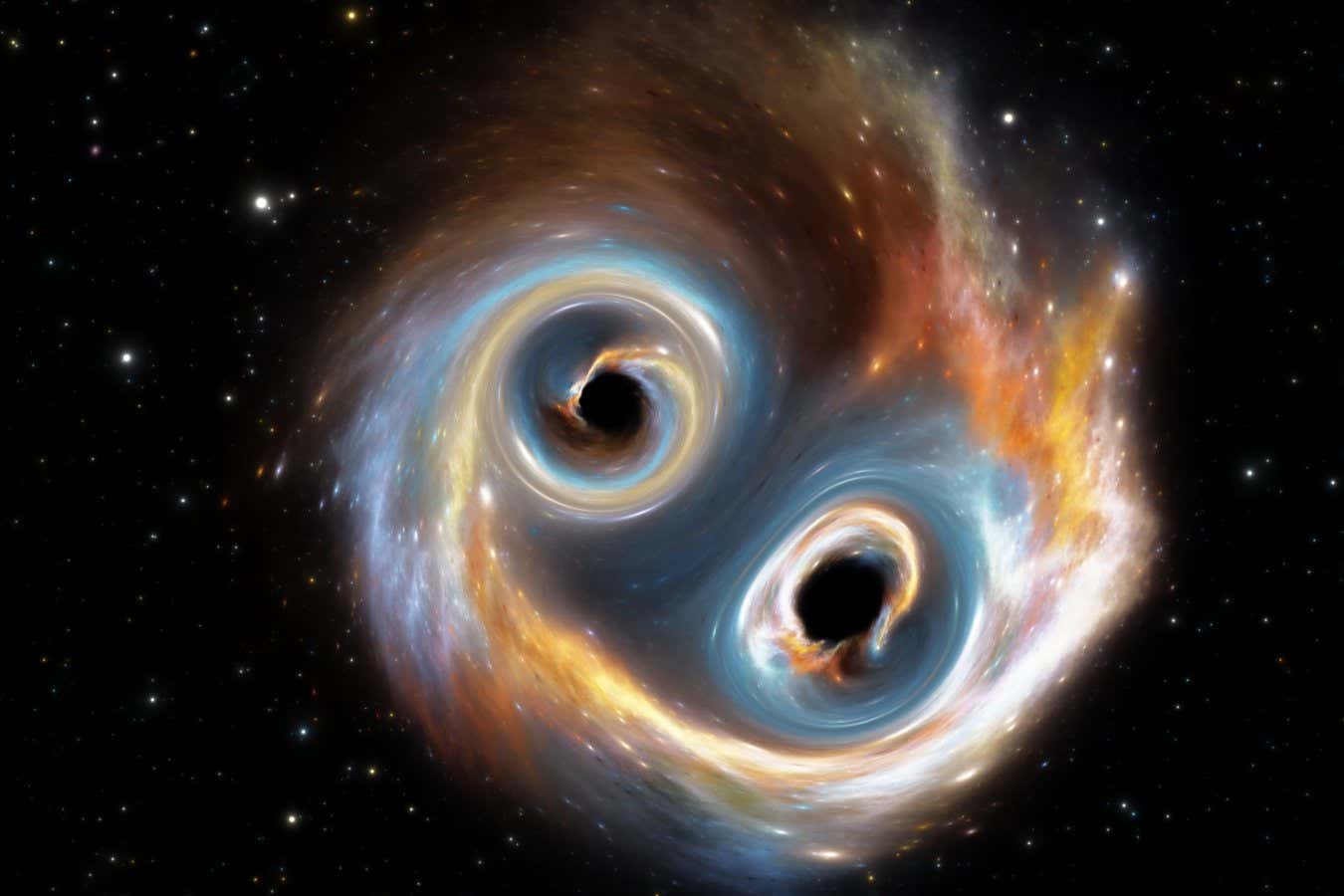
While the study is intriguing, additional observations will be essential to verify or challenge its findings.
A group of astronomers, led by researchers at Rhodes University, has analyzed 104 quasars through the MIGHTEE survey, a large-scale project using South Africa’s MeerKAT radio telescope.